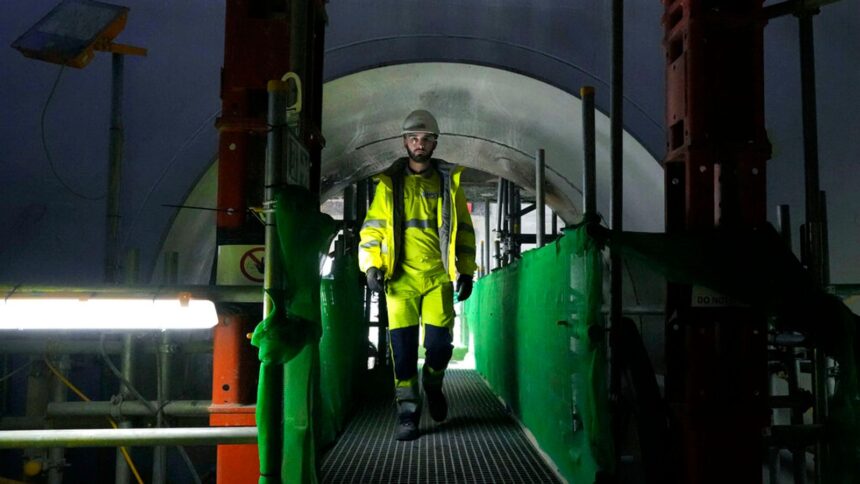Starting in 2027, Hinkley was supposed to supply 7% of the power used in the UK. Concerns about how to close the gap and how the project may affect climate targets are raised by the most recent delays to the clean power project.
The already postponed project was originally scheduled to supply 7% of the UK’s electricity starting in 2027, but last week it was further postponed by a further two to four years.
The industry voices cautioned that just as the UK is attempting to reduce greenhouse emissions by 2030, there would likely be an increase in dirtier gas generation.
While acknowledging that gas and energy imports are expected to rise, the UK government argued that this would not compromise climate ambitions.
“Hinkley Point C will serve Britain until well into the next century, making an important contribution to the UK’s net zero commitments,” a representative for the energy department stated.
According to Professor Rob Gross, head of the UK Energy Research Centre (UKERC), rising gas burn in the interim is “almost inevitable” due to the delays at Hinkley.
He stated that the UK is currently “struggling to connect all the renewables schemes already in the pipeline for 2027/28,” so wind and solar are unlikely to close the gap.







